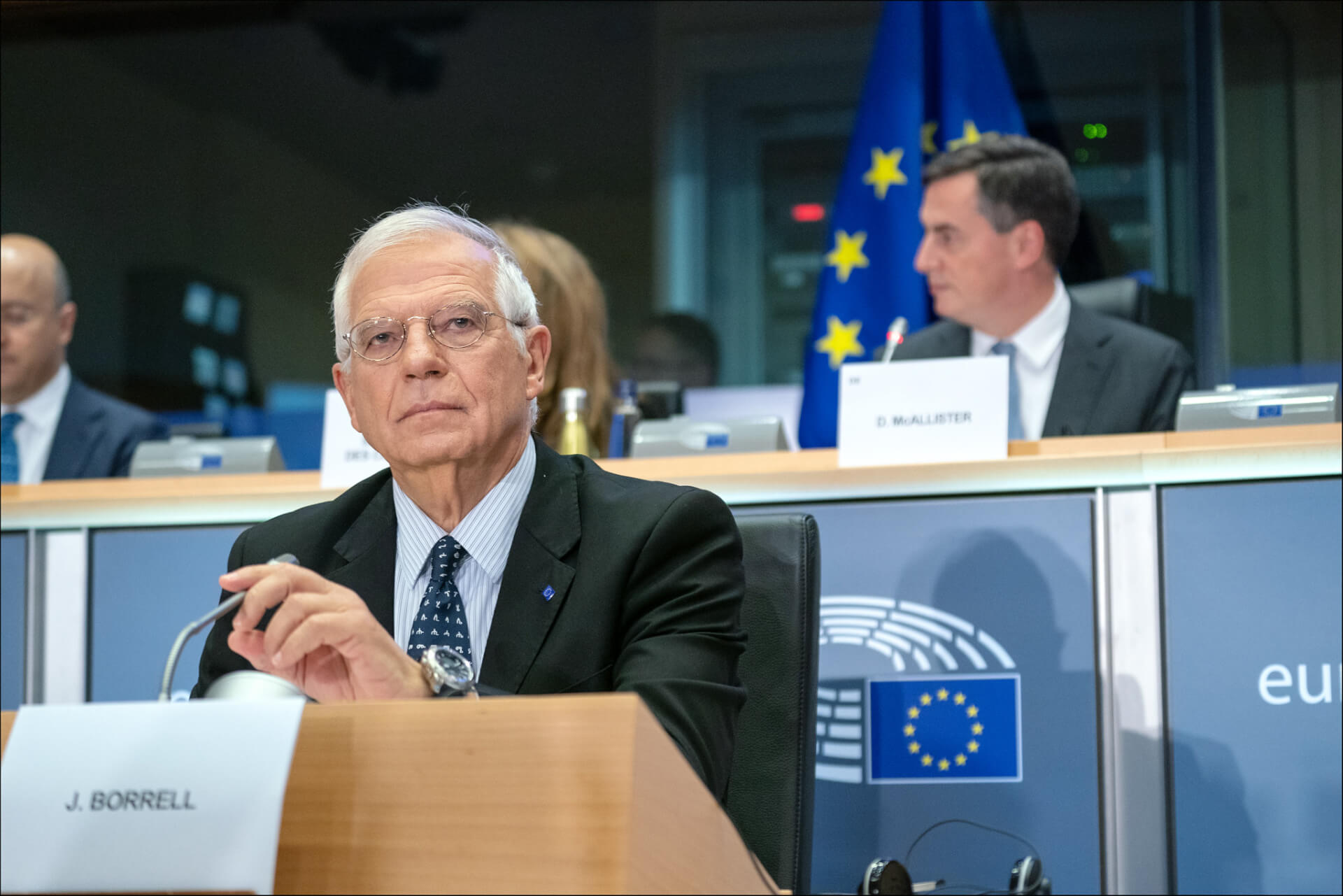After the European Union (EU) reiterated its position of not sending election observers to Venezuela for the parliamentary elections in December, the ruling government made a public plea for the bloc to reconsider its decision.
In early August, the EU announced its refusal to send observers to monitor the upcoming parliamentary election in Venezuela due to concerns that the ‘minimum conditions’ of “credibility, transparency, and inclusiveness” are not being met.
At the same time, EU foreign policy chief Josep Borrell expressed the bloc’s concern that its personnel would not be able to “observe the electoral process without interference including unobstructed access”.
Therefore, despite receiving an invitation from the Nicolás Maduro-led government to send an “election accompanying mission”, Borrell said that Venezuela is not meeting the EU’s expectations of an “inclusive, free and fair electoral process”.
The EU affirmed its stance once more on September 30, when it put out a press release saying that it had sent European External Action Service (EEAS) officials to Caracas to confirm the “EU’s position that electoral conditions now in place do not allow for fair, democratic, competitive elections on 6th of December”.
During their visit, the EEAS officials also met with opposition leader Juan Guaidó, who is recognized by almost 60 countries–including the EU–as the interim president.
They pushed Venezuelan officials to delay the vote until such a time that authorities can guarantee ‘fair’ conditions for an election. However, Maduro responded that it would be “impossible” to delay the vote.
Accordingly, during an address to the European Parliament, Borrell declared, “As the elections are not going to be postponed, the European Union cannot even consider sending an election observer mission.”
In response to these developments, on Tuesday, Venezuelan Foreign Affairs Minister Jorge Arreaza proclaimed, “Any presence of the European Union and its member countries as observers or supporters is welcome in Venezuela.” Arreaza also repeated Maduro’s statement by saying that delaying the elections was not on the cards.
In June, Venezuela’s Supreme Court unilaterally swore in a new commission to the country’s National Electoral Council. Currently, the opposition, led by Guaidó, holds a majority of seats in the congress, which is the only branch of government that is not under Maduro’s control. A few days later, Supreme Court also ordered the takeover of two opposition parties, the Justice First party and the Democratic Action party, as part of what it described as a “necessary restructuring process”.
In response, more than 24 opposition parties have announced their decision to boycott the elections due to concerns over its legitimacy and the credibility of the system as a whole.
In order to restore some semblance of legitimacy, the Venezuelan government recently announced that it had pardoned 110 people on Monday, including 50 opposition politicians, among whom 20 were legislators who have been accused of “conspiring” against Maduro.
However, given that the EU has reaffirmed that will not be sending election observers, it appears that these efforts have failed to convince.
EU Reiterates its Refusal to Send Election Observers to Venezuela Despite Maduro’s Pleas
The bloc repeated its concerns that the ‘minimum conditions’ of “credibility, transparency, and inclusiveness” are not being met.
October 8, 2020

IMAGE SOURCE: EUROPEAN PARLIAMENTEU foreign policy chief Josep Borrell
